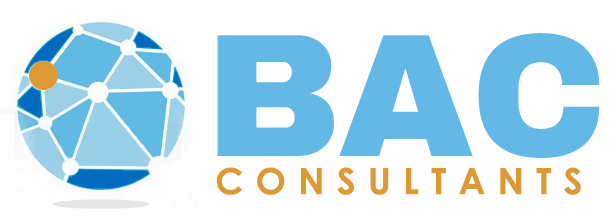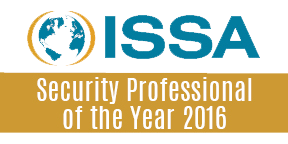Practicing and Promoting Ethical Behavior in the Workplace: Ethics Series Part 3
- CPE Credits: eight (8) for all three parts in the series
- Prerequisites: None
- Learning Level: Basic
- Instructional Method: Group/Live
- Field of Study: Behavioral Ethics
Course Revision Date: March 1, 2023
Course Description
As social and compliance factors place managers under greater degrees of responsibility and scrutiny, employers should give clear instruction of what is expected when an employee discovers unethical behavior, including whom they should contact and how it will be managed.
Regardless of the organizational function, employees who fail to maintain an ethical standard in their workplace can raise the possibility of not only organizational fraud but also operational risk and legal exposures. It is vital that all employees (and this must also include senior/executive and board-level management), conduct themselves in accordance with workplace policies, as well as applicable state, federal and as required, international laws.
This course will examine the timely and important topic of practicing and promoting ethical behavior in the workplace as a contributor to corporate compliance, governance, financial sustainability, employee retention and overall corporate wellbeing.
Audience
Objectives
- Interpret and remember the meaning of specific ethical terminology and to use ethical terms appropriately.
- Identify work areas and situations that may create ethical issues, across a variety of industries and markets.
- Explain the methodology involved in assessing an organization’s ethics program.
- Create a framework to develop one’s own ethical and moral philosophy.
- Define who is accountable and responsible for setting the ethical direction within the organization.
- Examine the critical issue of whether ethics can be taught and whether an individual can be taught to think and behave more ethically.
- Develop the ability to apply ethical thinking in personal real life situations
Course Outline
Please contact Al with a request for a detailed course outline…
Need more information?
If have questions or would like more information about any of our courses please contact us using the form below. We look forward to hearing from you.
Request a Consultation Today
We provide a variety of consultation services and training options to fit the demanding and changing needs of our clients. Contact us today and we will help you determine the best way to meet your goals.
BAC is a vetted, current provider of training courses through the NICCS Education and Training Catalog. BAC’s courses are aligned to the specialty areas of the National Cybersecurity Workforce Framework.


